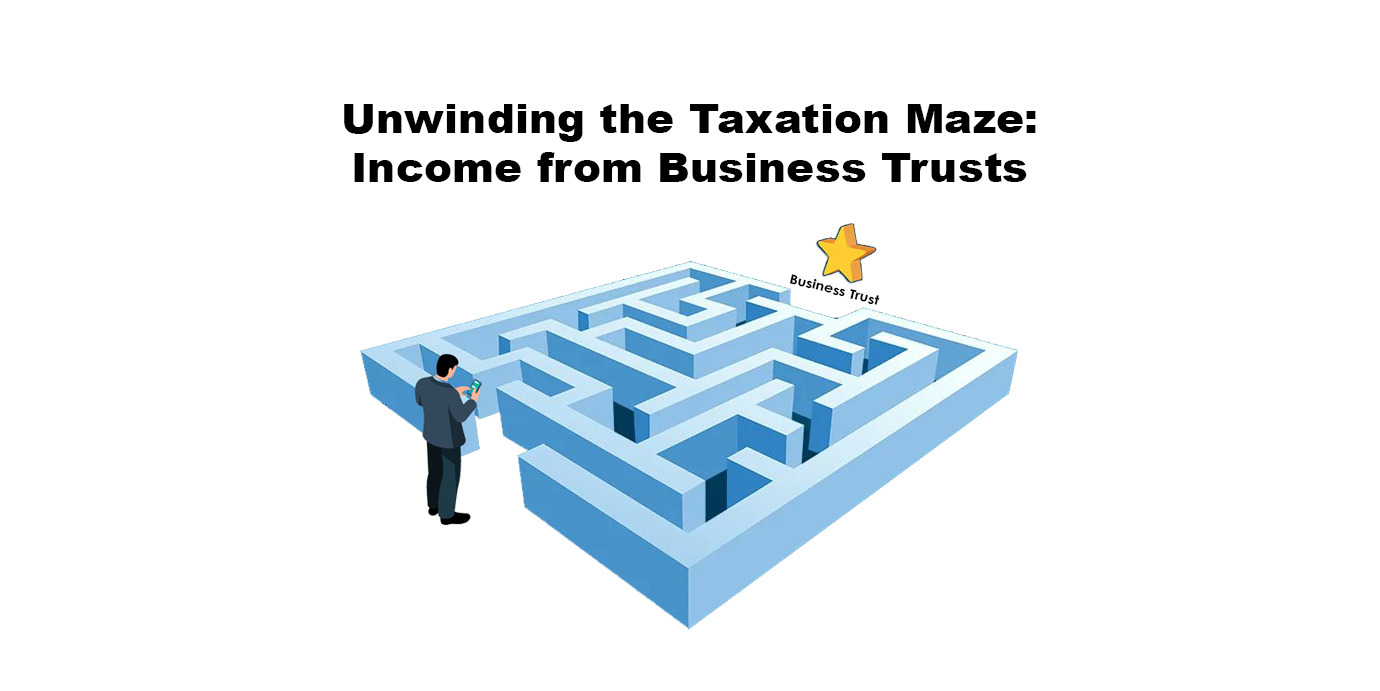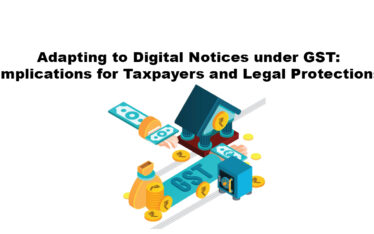Usually without having a complete knowledge of the earnings and tax liability, we invest in different types of funds like Mutual Funds, Investment Funds, Securitization Funds, Business Trusts etc.
To differentiate, earnings earned through mutual funds is categorized as normal income whereas earnings from business trusts, investment funds & securitization funds fall under the category of pass through, depending on the nature of the income. Find below a detailed analysis on taxation of income from Business Trusts.
Understanding a Business Trust?
Business trust is a combination of Real Estate Investment Trust (REITs) & Infrastructure Investment Trust (InvITs). The units of Business Trust are required to be listed on recognized stock exchange in accordance with the aforesaid regulations. These are similar to Mutual Funds that would raise capital by way of issue of unit. They can also raise debts directly both from resident as well as non-resident investor. The income bearing assets would be held by the trust by acquiring control or other specific interest in an Indian company (SPV) from the sponsor.
REIT’s is a trust that make investments in real estate properties while InvITs in Infrastructure facilities which are yielding income e.g., Toll Road, Railways etc.
How is Income Distributed by Business Trust Taxed?
The tax on Income from Business Trust depends on the nature of income distributed by such Trusts. The income distributed by a business trust to its unit holders shall be deemed to be of the same nature and in the same proportion in the hands of the unit holders, as it had been received by, or accrued to the business trust.
Section 115U of the Income Tax specifically deals with the taxation of income from Business Trusts.
Following types of income are taxable in the hands of Unitholders, while exempt in the hands of the Trusts.
- Interest Income:
The income in the nature of interest referred to in sub clause (a) of Section 10(23FC) is chargeable to tax in the hands of the unit holders. If the unit holder is non-resident the rate of tax on such income is 5% and for resident unit holders, it is chargeable to tax at slab rates. The business trust is liable to deduct TDS on this interest income at the rate of 10% in the case of a resident unit holder and 5% in the case of Non-resident unit holders. - Rental Income:
This income is taxable in the hands of Unitholders. The REIT is liable to deduct TDS on such distributed income at the rate of 10% for resident unit holders and at the rate in force for non-resident unit holders. - Dividend Income:
After the amendment in Budget 2020, Dividend Income is also taxable in the hands of the Unitholders and Business Trust is liable to deduct TDS @ 10% or and at the rates in force for non-resident unit holders. - Any Other Income:
Any other income, received by a unit holder from the business trust is exempt in the hands of the unit holder as per Section 10(23FD). However, Finance Act, 2023 has extended the scope to tax the amount distributed by Trust to unitholders as repayment of loan. Thus, the portion of distribution as repayment of debt will be taxable. The taxable amount is arrived at after taking out the cost of acquisition from the distributed amount.
How is the Sale of Units of Business Trust Taxed?
The taxation on the sale of units of a Business Trust will depend upon the period of holding of such units. The period of holding of units of the business trust to qualify as a long-term capital asset is more than 36 months. Short Term Capital Gain is chargeable to tax at the rate of 15% as per section 111A while Long Term Capital Gain is charged 10% as per section 112A.
In summary, the taxation of income from business trusts is a multifaceted that involves both the trust entity itself and the unitholders. Understanding the tax implications and seeking professional guidance are crucial for effective tax planning in this context. Tax laws and regulations can also change over time, making it important to stay informed about the latest developments in business trust taxation.





